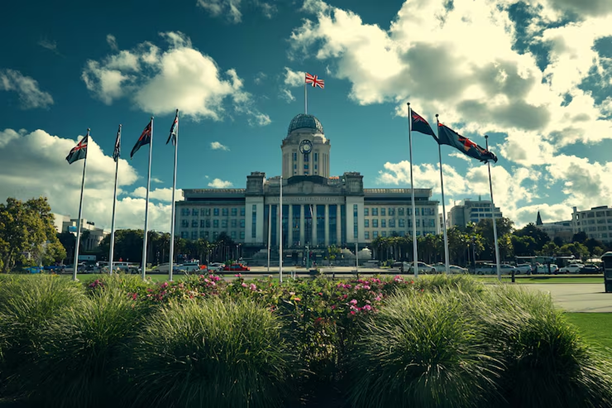

Manitoba to welcome 1,500 more Newcomers through permanent residency in 2025.
Manitoba will soon welcome more newcomers after gaining extra immigration spots for 2025. The province successfully convinced the federal government to raise its annual immigrant nomination limit under the Manitoba Provincial Nominee Program (MPNP). The new increase adds 1,489 extra nomination spaces, bringing the province’s total to 6,239 spots for the year.
This boost means Manitoba can now nominate nearly 1,500 more foreign nationals for permanent residence before the end of 2025. The change gives many skilled workers from around the world a better chance to settle and build their lives in Manitoba.
This new allocation helps Manitoba recover from earlier cuts in 2024, when it had 9,500 nomination spots. With the latest increase, the province has regained about 65% of that previous total.
Officials said the move will help the province address its labour shortages and support local businesses. “The increase will aid the MPNP’s capacity to address provincial labour market needs and deliver on Manitoba’s strategic priorities,” the government said in a statement.
The MPNP will continue to focus mainly on two immigration streams — Skilled Worker in Manitoba and Skilled Worker Overseas.
The Skilled Worker Overseas stream connects closely with the federal Express Entry system, which allows the province to pick candidates already in the national immigration pool. Those selected through this route often enjoy faster processing times for their permanent residence applications.
Through its “strategic recruitment initiatives,” the MPNP works with employers and communities to find candidates with the skills Manitoba needs most. These efforts help fill local job gaps while giving international workers a fair route to permanent settlement.
Employers who want to take part must meet certain rules and follow Manitoba’s ABC Recruitment Process. Once approved, they can submit details of skilled foreign candidates to the province’s Employer Services.
Candidates must also qualify based on language ability, work experience, education, and age. Each applicant must show they meet the requirements of the specific stream they apply under.
The province carefully reviews each case. If an applicant has stronger ties to another province — such as past work or study — the MPNP might see them as a potential retention risk and could refuse the application.
Manitoba joins other provinces, including Alberta, British Columbia, Saskatchewan, Nova Scotia, New Brunswick, and the Northwest Territories, in receiving higher nomination limits.
This increase follows a major reduction earlier in the year when all provinces saw their allocations cut by half. The federal government made those cuts as part of its effort to manage housing shortages and affordability issues across Canada.
Now, with allocations climbing again, Manitoba and other provinces can refocus on bringing in skilled newcomers who can strengthen local economies and communities.
Having an 'Identity Verified' badge or being 'Identity Verified' simply indicates that an individual has submitted information to complete our identity verification process or we have conducted internal verification using various authorized websites. While this process includes safeguards, it does not guarantee that the person is who they claim to be.
If you encounter any issues with this profile, please report them here. While all consultants who are verified have RCIC ID, we may not have the latest data in terms of their renewal/cancellation/discontinuation of their RCIC ID.
The "Verified Consultants" profiles are created using publicly available information, including data from the IRCC website, official consultant sites, other listing platforms, and social media. Immiperts.com is an independent platform, not affiliated with IRCC or any registered immigration consultants. To update, claim, or remove your profile, please contact us at [email protected].
╳